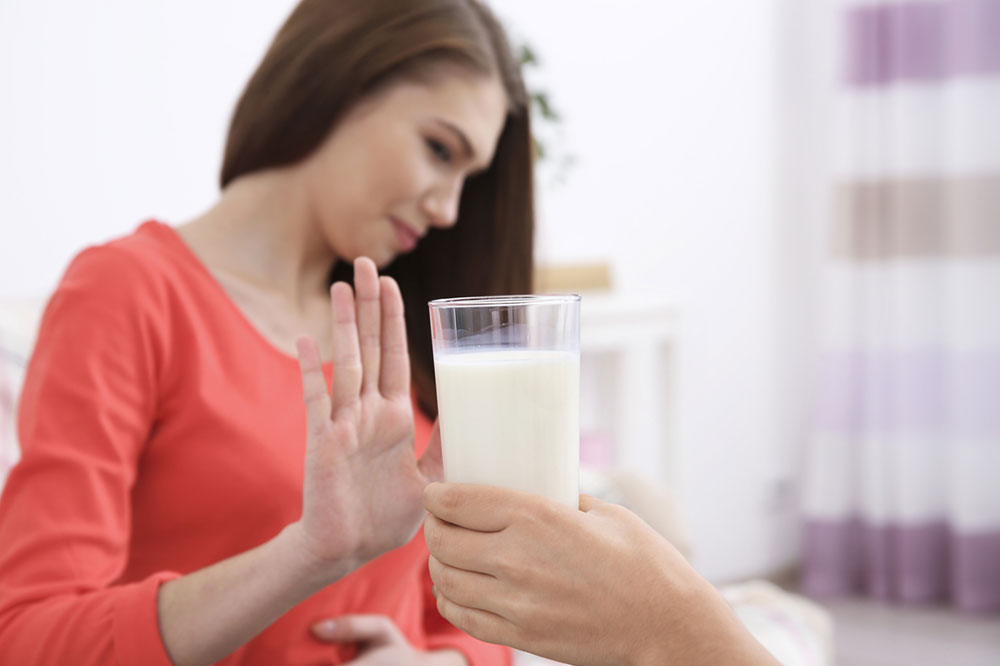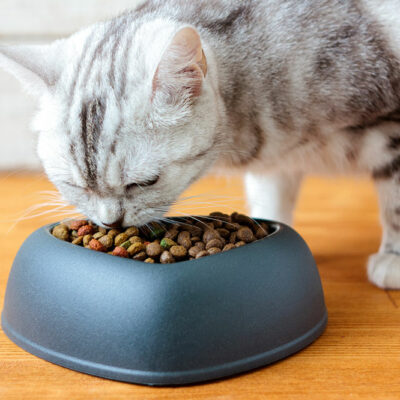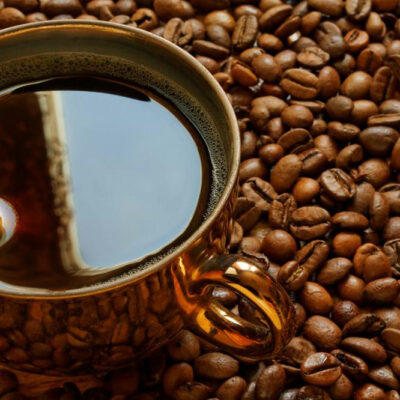
7 Foods to Avoid for IBS
Although it is good to eat fruits and vegetables to lead a healthy lifestyle, certain foods trigger IBS symptoms, such as belching, bloating, diarrhea, constipation, or cramps. The symptoms of irritable bowel syndrome vary from person to person. While it is unclear what the exact cause of this condition is, doctors suggest that lifestyle changes and dietary habits play a vital role in the impact of the disorder.
Over the decades, doctors have listed a few types of foods that may cause irritable bowel syndrome to some but not all people. The symptoms may vary; however, it is recommended to try it to discover a new healthy lifestyle. Here are certain foods to avoid, which can trigger severe IBS in many people.
1. Fruits
Fruits such as apples, apricots, peaches, plums, mangoes, watermelons, and pears, while consumed either raw or as a juice but as large portions, is known to trigger irritable bowel syndrome. Even though the above fruits are soluble, their high fructose levels increase the risk of triggering IBS. Fruits that are also concentrated, dried or stoned contain an abundance of fructose.
2. Vegetables
In the case of vegetables, cabbages, broccoli, and cauliflower are to be excluded. They produce a lot of gas in the bowels when trying to prevent irritable bowel syndrome. All other vegetables are considered safe when consumed cooked. Belching and bloating are usually symptoms of irritable bowel syndrome.
3. Legumes
Legumes or pulses such as lentils and beans are rich in protein and fiber; however, some people develop IBS symptoms such as gas, bloating, and cramps when consumed. Doctors recommend avoiding legumes until the symptoms vanish, which might help improve digestion and gut health.
4. Dairy products
Dairy products that contain lactose increase the risk of irritable bowel syndrome. However, this is not to be confused with lactose intolerance as the symptoms and causes are different. Irritable bowel syndrome is caused when the lactose in the milk causes constipation or bloating or diarrhea, or pain in the digestive system. The symptoms may change or improve or even worsen over time. It is essential to diagnose the issue with a certified physician.
5. Grains
Glutens and the insoluble fiber in grains such as wheat, rye, barley, and rice cause irritable bowel syndrome. Symptoms such as bloating or constipation have been widely reported among diagnosed people. Avoiding grains with gluten or practicing a gluten-free diet has shown improvement of IBS symptoms in around half of the subjects studied, according to research conducted in 2015.
6. Caffeinated drinks
Caffeine, which gives us all a stimulating effect, can cause diarrhea and nausea in some cases. Drinking coffee, or energy drinks, or sodas can induce the symptoms of irritable bowel syndrome. Reducing or avoiding caffeine may improve overall health.
7. Alcohol
Alcohol slows the metabolism by increasing the rate of dehydration, giving way to bloating, constipation, or belching. Beer, in particular, which contains gluten, and wines that contain sugars, can potentially trigger irritable bowel syndrome. Avoiding alcohol over a period may bring in detox to the bowel.


